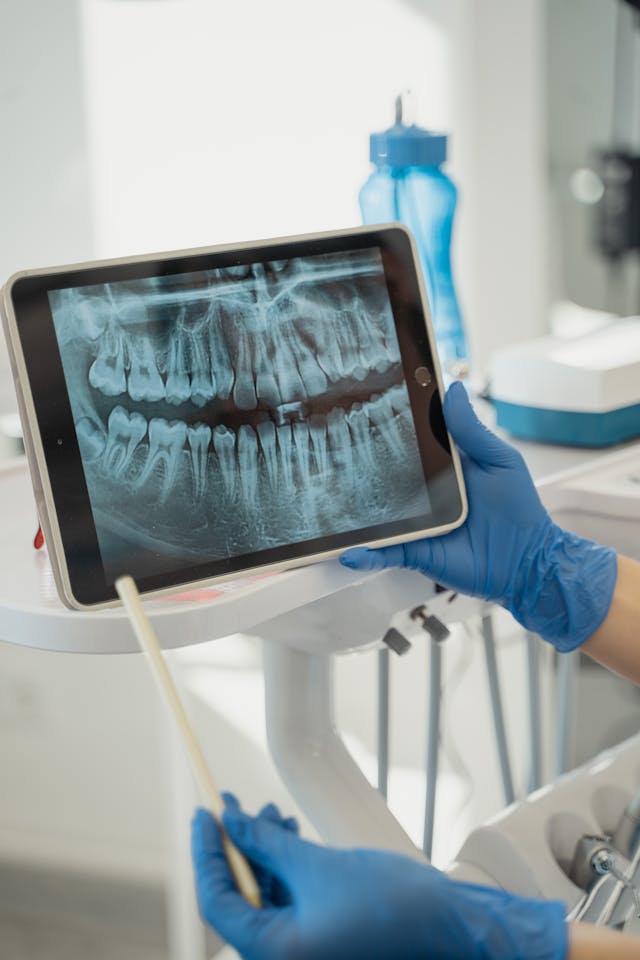
Hydrogen Peroxide Mouthwash: Is It Really Safe 4 YOUR TEETH?
Share
Hydrogen Peroxide Mouthwash: Is It Really Safe 4 YOUR TEETH?
Hydrogen peroxide is a common household antiseptic known for its bubbling action that seems to signal "clean." It's found in many medicine cabinets and often touted as a cheap and effective mouthwash. But is gargling with this potent chemical truly safe for your teeth in the long run? Emerging evidence suggests it might not be as beneficial as we once thought.
Potential Risks of Hydrogen Peroxide Mouthwash
-
Enamel Erosion: One of the biggest concerns is the potential for hydrogen peroxide to erode tooth enamel, the protective outer layer of your teeth. While low concentrations (around 3%) may be safe for short-term use, prolonged exposure or higher concentrations can weaken enamel, making teeth more susceptible to cavities and sensitivity.
-
Gum Irritation: Hydrogen peroxide can irritate sensitive gum tissue, leading to inflammation, redness, and even pain. This irritation can exacerbate existing gum problems and potentially contribute to receding gums.
-
Disrupts Oral Microbiome: Your mouth is home to a complex ecosystem of bacteria, many of which are beneficial. Hydrogen peroxide's indiscriminate antibacterial action can disrupt this balance, potentially killing off good bacteria along with the bad. This disruption can lead to an overgrowth of harmful bacteria or fungal infections like oral thrush.
-
Tooth Discoloration: While hydrogen peroxide is used in teeth whitening products, prolonged use at high concentrations can actually lead to tooth discoloration or staining. This is especially true for people with existing dental work like fillings or crowns.
Safer, Natural Alternatives
Fortunately, there are plenty of safer and more natural alternatives to hydrogen peroxide mouthwash:
-
Saltwater Rinse: A simple saltwater rinse is an effective and time-tested way to soothe gums, reduce inflammation, and promote oral hygiene. Just dissolve half a teaspoon of salt in a cup of warm water and gargle for 30 seconds.
-
Oil Pulling: This ancient Ayurvedic practice involves swishing oil (like coconut oil) in your mouth for 10-20 minutes to remove bacteria and toxins.
-
Baking Soda Rinse: Baking soda neutralizes acids in the mouth, helping to prevent enamel erosion and freshen breath. Mix a teaspoon of baking soda with a cup of water and gargle.
-
Herbal Mouthwashes: Look for alcohol-free mouthwashes containing natural ingredients like aloe vera, tea tree oil, or xylitol, which have antibacterial and anti-inflammatory properties.